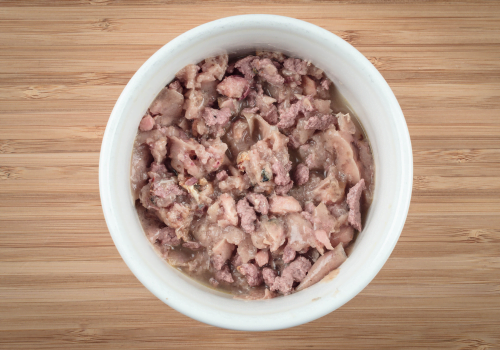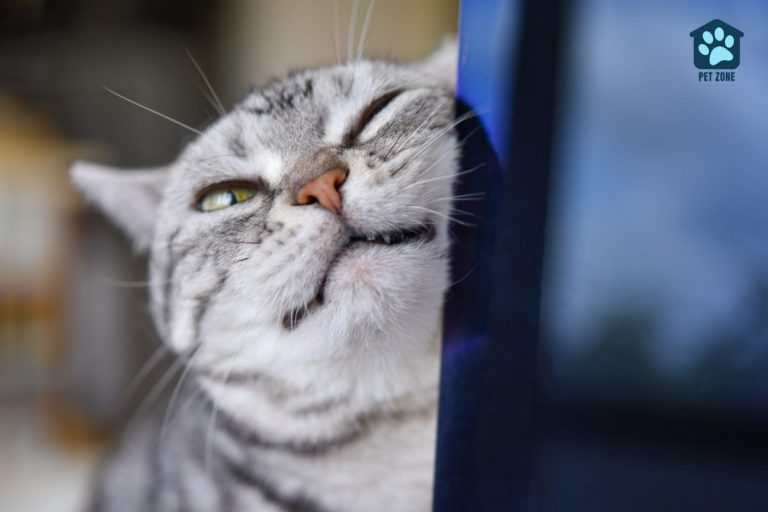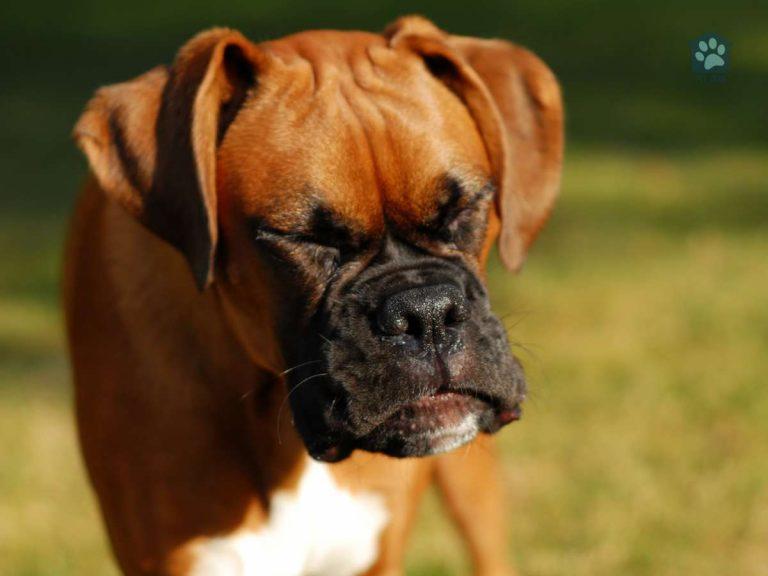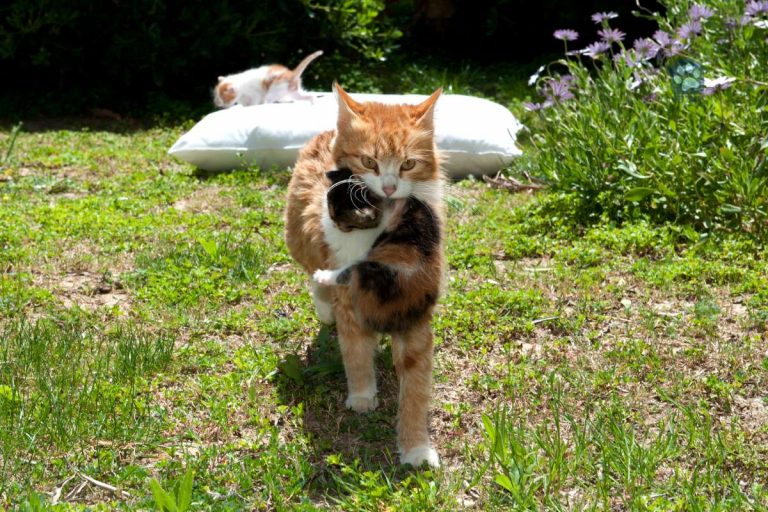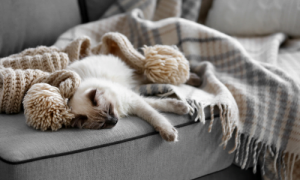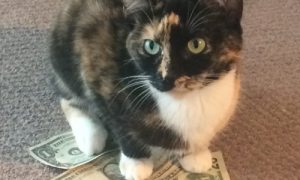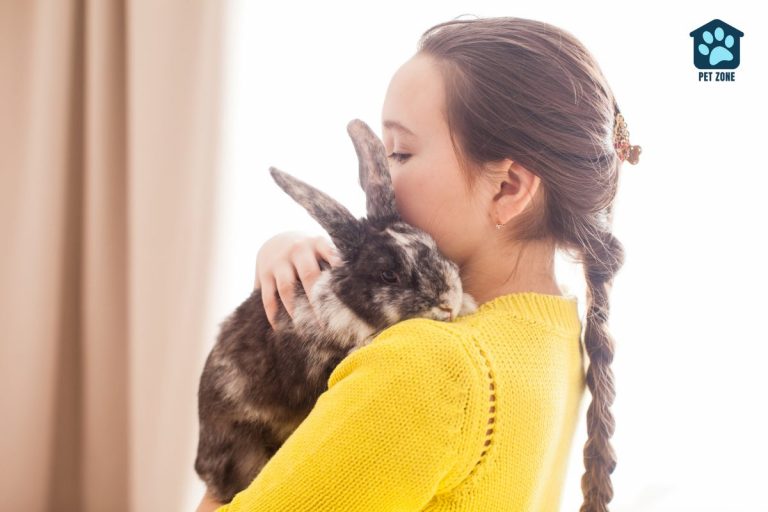Wet food is a popular choice for many cat owners because of its higher moisture content and taste appeal. However, there’s one question that comes up often: Can wet food cause diarrhea in cats?
Wet food does not directly cause diarrhea in cats. However, there are related issues to consider. In this article, we will explore the relationship between wet food and diarrhea, and provide tips on how to prevent and manage this issue.
Wet Food
Types of Wet Food
There are several types of wet food available for cats, including pâté, shredded, chunks in gravy, and mousse. These foods usually have a higher moisture content (around 75%) compared to dry kibble, which typically contains around 10% moisture.
Wet food can be made from various protein sources like chicken, fish, beef, rabbit and venison.
Pros of Wet Food
Wet food has some significant advantages over dry food. For one, it has a higher moisture content, which can help prevent dehydration and urinary tract issues.
Additionally, wet food is often more palatable and easier to chew, making it a great option for cats with dental issues or picky eaters.
Cons of Wet Food
Wet food can spoil quickly once opened, requiring refrigeration and a shorter shelf life.
It’s also more expensive than dry food, and some wet food options may have a higher carbohydrate content than is ideal for cats.
Cat Diarrhea
Causes of Diarrhea
Diarrhea in cats can be caused by various factors:
- Dietary changes (switching from dry to wet food, or to a different brand, etc.)
- Food intolerance
- Bacterial or viral infections
- Parasites
- Stress
- Underlying health issues
Identifying the cause is crucial for effective treatment and prevention.
Symptoms of Diarrhea
Besides loose or watery stools, cats with diarrhea may exhibit signs like:
- Vomiting
- Lethargy
- Loss of appetite
- Weight loss
- Dehydration
If your cat shows any of these symptoms, consult your veterinarian for proper diagnosis and treatment.
Diarrhea Prevention
Preventing diarrhea in cats involves maintaining a consistent diet, providing clean water, and ensuring a stress-free environment.
Regular veterinary check-ups and parasite control can also help prevent diarrhea.
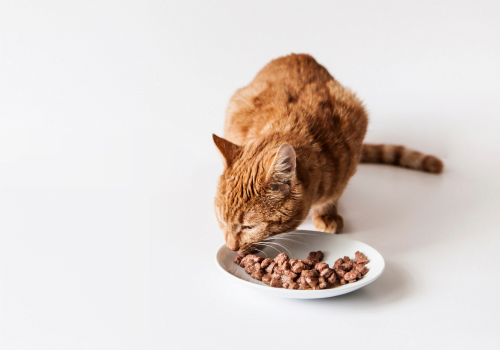
Wet Food and Diarrhea
How Wet Food Causes Diarrhea
Wet cat food has become increasingly popular among pet owners because it is perceived to offer a more natural, nutritious and palatable option for cats. However, not all wet foods are created equally. Some brands may contain ingredients that can cause digestive issues, including diarrhea.
Common culprits include artificial colors, flavors, and preservatives such as BHA (butylated hydroxyanisole) or BHT (butylated hydroxytoluene). These additives are known to cause allergic reactions and digestive problems in cats.
Moreover, some wet foods may contain excessive amounts of carbohydrates – such as wheat or corn gluten meal – which can be difficult for cats to digest properly and lead to gastrointestinal issues such as diarrhea. It is important to read the label of any wet food before purchasing it, paying close attention to the ingredients list and nutritional information.
Feeding your cat too much high-fat, high-protein wet cat food may also result in loose stools or diarrhea.
Additionally, a sudden change in diet from dry to wet food can cause digestive upset leading to diarrhea.
How to Minimize the Risks
To minimize the risk of diarrhea caused by wet food, introduce new foods gradually, mixing it with their current food over 7-10 days. This allows their digestive system to adjust to the new food. Monitor your cat’s reaction to the new food, and consult your veterinarian if diarrhea or other symptoms persist.
Choose high-quality wet food with limited ingredients to reduce the risk of food intolerance or allergies. Avoid products that have a lot of grains or other filler ingredients which may be harder for your cat’s digestive system to handle.
You should also make sure your cat has plenty of fresh, clean drinking water available at all times.
Always check the expiration date and store wet food properly to prevent spoilage and contamination.
Switching to Dry Food
If your cat continues to experience diarrhea even after following the above precautions, you may consider switching to dry food or a different wet food brand.
Consult your veterinarian for personalized recommendations based on your cat’s specific dietary needs and health condition.
Conclusion
Wet food does not directly cause diarrhea in cats and can be a beneficial addition to your cat’s diet. However, you should ensure a gradual transition to new foods. Select high-quality wet food with limited ingredients. Make sure that your properly store wet food after it has been opened.
If your cat continues to experience diarrhea, consult your veterinarian for further guidance and possible alternatives.


